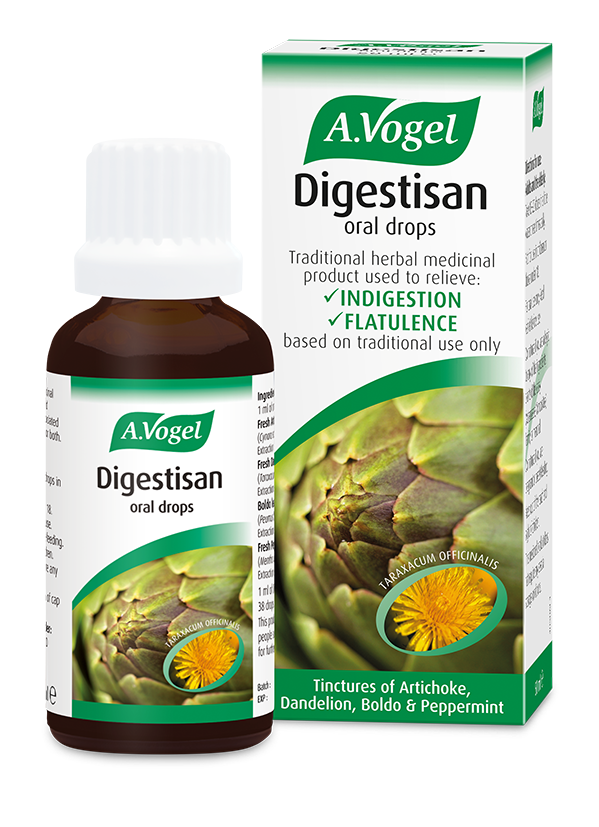How good is your digestion?
Check the health of your digestive system using our simple test.
Check nowA circular muscle called the lower oesophageal sphincter (LOS) joins your oesophagus to the stomach. This relaxes in order to let food move into your stomach shortly after eating but quickly closes again afterwards. This prevents the contents of your stomach travelling back up into your oesophagus.
If your LOS isn’t functioning properly this can give rise to heartburn. The lining of your stomach is equipped with a protective mucous layer which acts as a barrier against the strongly acidic internal environment. Your oesophagus isn’t quite so fortunate and doesn’t have the same protective mechanism in place. If your gastric juices, rich in strongly acidic hydrochloric acid, make contact with your oesophagus you are likely to experience heartburn.
There are various factors that can cause your LOS to open when it isn’t supposed to. We discuss these in the following section.
Food is very often demonised when it comes to heartburn. Food isn’t always the primary cause but very often one of a few contributing factors.
Certain foods are more likely to give rise to heartburn though, for example, foods high in fat can delay gastric emptying. This means food sits in the stomach longer and can more easily contribute to heartburn; especially if you are taking part in something fairly energetic soon afterwards!
Food rich in dense animal protein, such as red meat, are particularly ‘acid-producing’ as stomach acid is required to activate the enzyme pepsin to break protein down.
Eating too much food at once is also a risk factor as it increases the internal pressure in the stomach which can cause the LOS to open. Eat smaller portions more often to lessen the load on your stomach.
Have you ever considered how you eat as opposed to what you eat in terms of the effects it has on your digestive system? Now is the time to as we highlight some eating habits which may finally allow your stomach to function as it should.
Put these new habits into practice and your digestion should run much smoother.
Lifestyle factors should also be taken into considerations as they can have a significant impact on your digestive system. Many of the following factors can give rise to indigestion which in most cases is a cause of heartburn
It is important to note that certain health conditions and circumstances can give rise to heartburn so these are something to be aware of.
 Looking for help easing those symptoms of indigestion such as, bloating, fullness and flatulence associated with over-indulgence?
Looking for help easing those symptoms of indigestion such as, bloating, fullness and flatulence associated with over-indulgence?
Then look no further than Digestisan Oral drops.
"Excellent product for digestive issues"![]()
To find local independent stores in your area that sell Digestisan Oral drops, simply type your postcode below.

Check the health of your digestive system using our simple test.
Check nowAs the A. Vogel Digestion advisor, I recommend Digestisan with extracts of Artichoke and Peppermint, to help ease symptoms of acid reflux.
Learn moreAcid reflux at night is an all-too-common problem, contributing to an estimated 7% of sleepless nights, which can lead to fatigue, increased anxiety or concentration lapses the following day.
The physical symptoms our emotions causeDiscover the story of Alfred VogelNature is just about the best thing we’ve got!